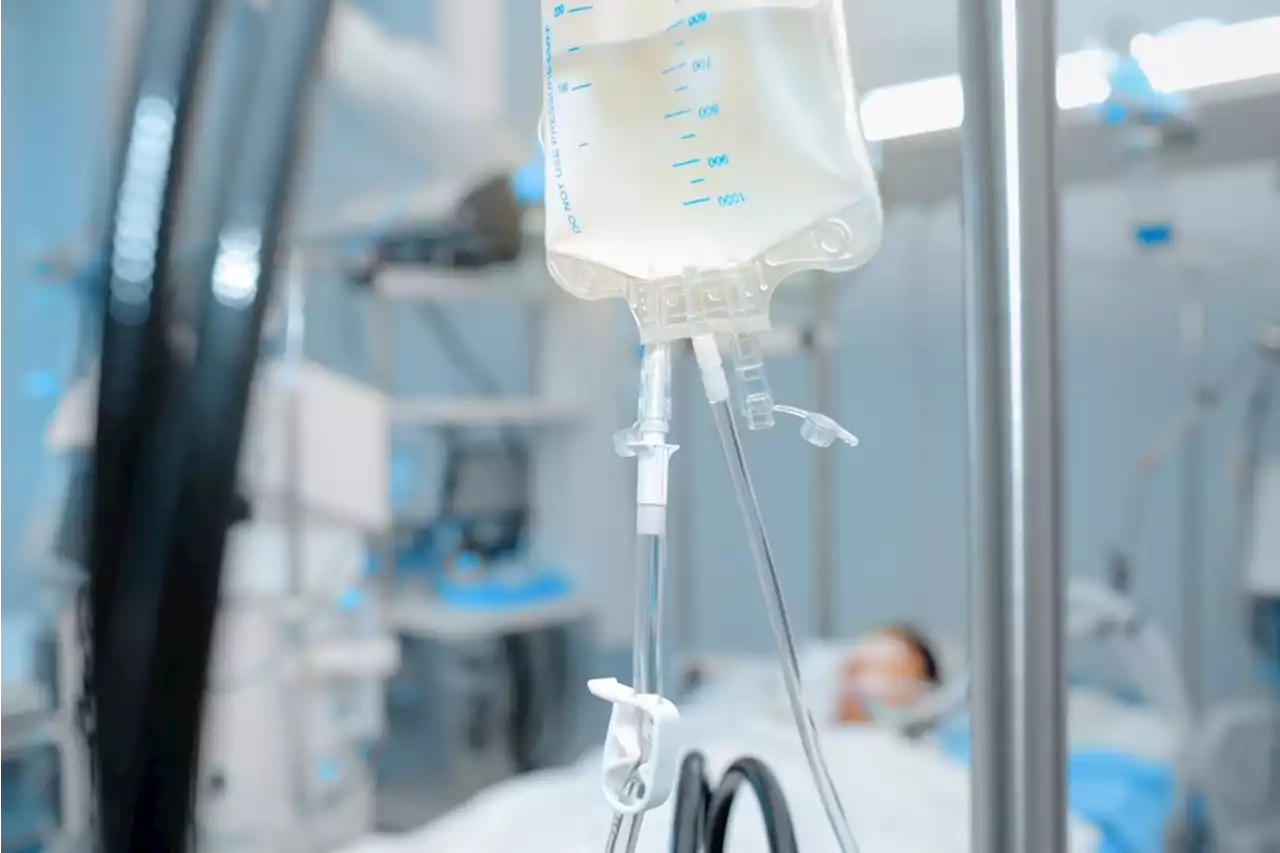Cardiovascular risk in psoriasis, the association between psoriatic inflammation and atherosclerosis, and the cardiovascular-risk-reducing effects of biologics JCM_MDPI psoriasis inflammation cardiovascular atherosclerosis
By Bhavana KunkalikarFeb 6 2023Reviewed by Danielle Ellis, B.Sc. In a recent study published in the Journal of Clinical Medicine, researchers explored the impact of biological interventions in reducing cardiovascular risk among psoriasis patients.
Cardiovascular events in psoriasis patients Psoriasis is a systemic and chronic inflammatory disorder associated with several events, including CVD, hypertension, obesity, metabolic syndrome, diabetes mellitus, and dyslipidemia. Studies have also shown that psoriatic arthritis increases CVD risk. Previous research has indicated that psoriasis patients display a significant prevalence of obesity. Obesity was also found to be associated with psoriasis severity. The pooled odds ratio was 1.
Atherosclerosis in patients with psoriasis Drug Discovery eBook Compilation of the top interviews, articles, and news in the last year. Download a free copy Psoriasis patients have displayed a higher prevalence of coronary artery plaques than healthy individuals. Inflammatory cytokines like TNF-α, IL-17, and IL-23 contribute to the underlying etiology and systemic inflammation presented in psoriasis. It has been observed that IL-1β-targeting therapies diminish atherosclerosis.
By lowering inflammation, biologics can reduce intima-media thickness , indicating the development of subclinical atherosclerotic plaque. In a Danish cohort study, people with psoriasis who received biological treatment reported reduced CVD events. Therefore, anti-inflammatory medication that targets TNF-α, IL-17, and IL-23, the primary pathogenic agents in psoriasis, can potentially reduce the risk of CVD and psoriatic skin rash.
Australia Latest News, Australia Headlines
Similar News:You can also read news stories similar to this one that we have collected from other news sources.
 Researchers at the University of Wolverhampton have received grant to develop male contraceptiveResearch leads at the University of Wolverhampton have been granted more than £120,000 by an American charity in a bid to develop a male contraceptive.
Researchers at the University of Wolverhampton have received grant to develop male contraceptiveResearch leads at the University of Wolverhampton have been granted more than £120,000 by an American charity in a bid to develop a male contraceptive.
Read more »
 Recent therapeutic strategies for renal cell carcinoma and the effects of the tumor microenvironment on systemic therapyRecent therapeutic strategies for renal cell carcinoma and the effects of the tumor microenvironment on systemic therapy Cancers_MDPI cancer carcinoma renalcellcarcinoma therapy tumor tumormicroenvironment
Recent therapeutic strategies for renal cell carcinoma and the effects of the tumor microenvironment on systemic therapyRecent therapeutic strategies for renal cell carcinoma and the effects of the tumor microenvironment on systemic therapy Cancers_MDPI cancer carcinoma renalcellcarcinoma therapy tumor tumormicroenvironment
Read more »
 New research examines how COVID-19 affects immune-compromised peopleNew research examines how COVID-19 affects immune-compromised people COVID19 Pandemic Cancer Steroids Vaccination Immunization Medical HIV Respiratory Infections PLOSMedicine LivUni EdinburghUni UniLeidenNews UofGlasgow imperialcollege
New research examines how COVID-19 affects immune-compromised peopleNew research examines how COVID-19 affects immune-compromised people COVID19 Pandemic Cancer Steroids Vaccination Immunization Medical HIV Respiratory Infections PLOSMedicine LivUni EdinburghUni UniLeidenNews UofGlasgow imperialcollege
Read more »
 Proteomics reveals a distinct IFN-driven plasma cytokine response to COVID-19 in infants and young childrenProteomics reveals a distinct IFN-driven plasma cytokine response to COVID-19 in infants and young children ChildHealth Proteomics Coronavirus Disease COVID Immunity SARSCoV2 medrxivpreprint Stanford uni_tue CincyChildrens EmoryUniversity
Proteomics reveals a distinct IFN-driven plasma cytokine response to COVID-19 in infants and young childrenProteomics reveals a distinct IFN-driven plasma cytokine response to COVID-19 in infants and young children ChildHealth Proteomics Coronavirus Disease COVID Immunity SARSCoV2 medrxivpreprint Stanford uni_tue CincyChildrens EmoryUniversity
Read more »
 Rural areas in the U.S. have significantly less access to telehealth and cancer care servicesRural areas in the U.S. have significantly less access to telehealth and cancer care services Cancer Coronavirus Disease COVID Telemedicine PLOSONE wakeforestmed UofSC UIowaCPH
Rural areas in the U.S. have significantly less access to telehealth and cancer care servicesRural areas in the U.S. have significantly less access to telehealth and cancer care services Cancer Coronavirus Disease COVID Telemedicine PLOSONE wakeforestmed UofSC UIowaCPH
Read more »
 Using genetic risk scores for predicting venous thromboembolismUsing genetic risk scores for predicting venous thromboembolism Genetic Thromboembolism VenousThromboembolism Genetics Cardiovascular SportsMedicine PLOSONE UMNews UNC uvmvermont
Using genetic risk scores for predicting venous thromboembolismUsing genetic risk scores for predicting venous thromboembolism Genetic Thromboembolism VenousThromboembolism Genetics Cardiovascular SportsMedicine PLOSONE UMNews UNC uvmvermont
Read more »
